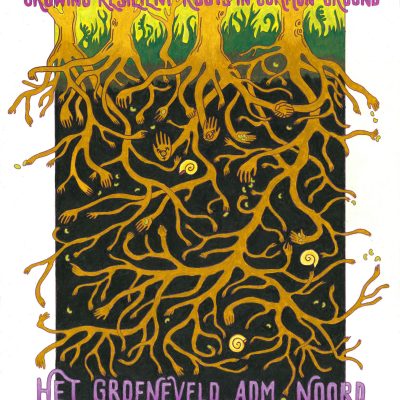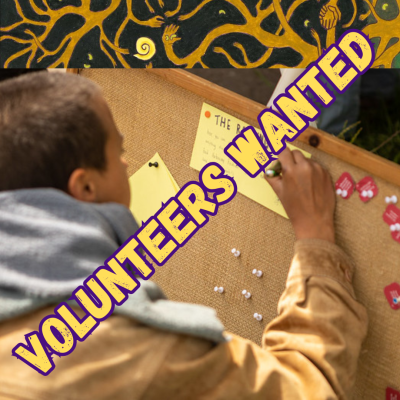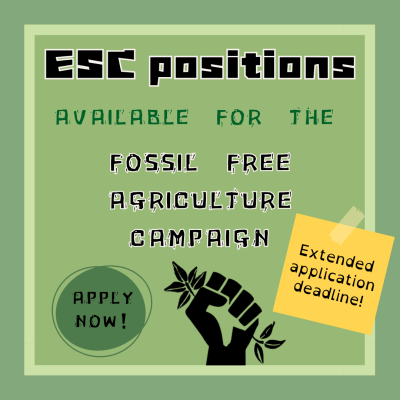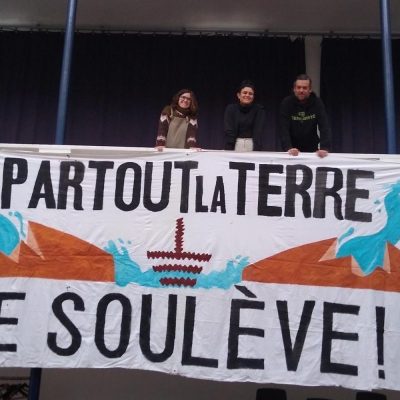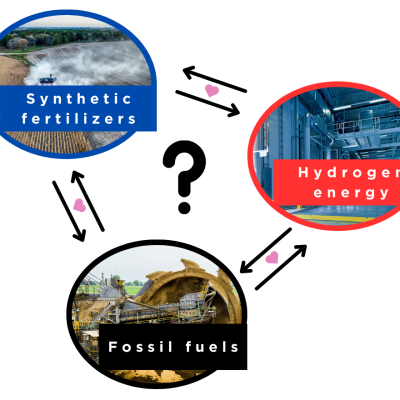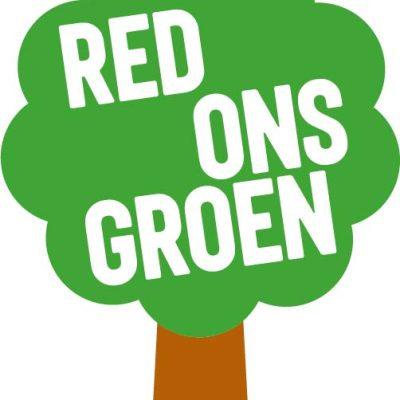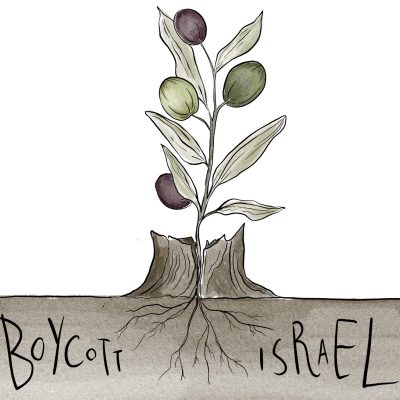 Civil cooperative project ensuring post-war food sovereignty in Syria
Civil cooperative project ensuring post-war food sovereignty in Syria
If peace was something you could eat, how would you describe it? “A poor man would call it bread, a rich man caviar. For me peace would be something edible, a vegetable whose seeds I can plant anywhere in the world in any fertile soil.” (Quote from a Syrian member of the network)
The 15th Garden is a bottom-up network of urban gardens in cities that have been bombed, besieged and blocked in Syria. The network includes family gardens, farmers in rural areas, and agriculture initiatives in refugee camps in neighbouring states. (1)
The network has developed fast during the past years. The involved farmers, gardeners and activists are not willing to stay passive while what they call the biggest humanitarian disaster of recent history is taking place. The farmers’ movement with its practical skills is ready to stand by all the people who are affected by the war. (2)
Via the 15th Garden open pollinated seeds are swapped and reproduced in and around Syria, skills for sustainable agriculture and gardening are taught in workshops and courses, and knowledge is shared about the dangers related to the promises made by agribusiness actors. Commonly and without sectarian division a movement of food sovereignty is created and defended. The 15th Garden is increasingly important for the Syrian civil society.
Defending food sovereignty – especially in times of war!
Wars are not natural disasters. They are constructed and run by humans. Those who derive benefits from wars play a driving role in their persistence. In wars, food – or rather the issues around access to food – is used as a weapon and political lever. Wars create a setting for market exploitation and to make the whole region and its people subservient.
Wars can be used by dictatorial regimes, as in Syria, where the regime tries to starve the population in order to wield power over them. They can be used by other players as well, such as armed groups who control the access to food and thus also control humans. Or by multinational companies that use the conflict to set up business in tormented regions – in cooperation with corrupt regimes, armed forces, and the military, resulting in more violence.
An example is the case of Iraq: §81 allowed the patentability of Iraqi seeds and ringed in the era of hybrid and GMO-crops, imposed by the occupying forces. (3) The Iraqi agriculture and several related sectors are sustainably and massively destroyed – ten years “after war”; and the war practically still continues. The industry uses the instable situation of war to push legislation in their favour. It happened not only in Iraq. In Bangladesh, for instance, the highly criticised Bt-crops were introduced in 2013 during a political crisis (4). Food is structurally being misused as a weapon and political lever repeatedly. But Food must not be a weapon!
A situation in 2015 showed how important seed saving can be for societies in war, as the highly controversial seed bank in Spitzbergen was used for the first time. The “Svalbard Global Seed Vault”, where about 860.000 seeds of agricultural plants from different countries in the world are stored, allocated some of its saved seeds to Syria. (5) For the Global Seed Vault, this demand can be seen as a confirmation for its existence.
Whether or not seed sovereignty can reach its full potential under the conditions of this huge seed project should be questioned however. Critical voices doubt that the Seed Vault, mainly financed by the Bill & Melinda Gates Foundation and supporting a concept of food security including ‘…monocrops, increased use of pesticides and patented genetically engineered crops (or GMOs) …’ is independent enough to ensure biodiversity. Having a look at the networks to large companies from the seed and chemical industry, the question of access and power structures rises and there is probably a risk of biopiracy involved4.(6 en 7)
The 15th Garden with its many and widespread actors and independent garden projects has a different strategy, enabling autonomous community projects and sustainable networks to become independent from powerful actors influencing the food system, especially in times of war.
The 15th Garden soon found solidarity and support both within the region and from initiatives in Europe. European groups in Germany, France, Greece, Italy and Sweden began to collect organic non-hybrid seeds (8) and send it to people in besieged cities. Skills workshops and info events are organised, and a mobile cinema is making its way through towns and villages to tell a different story from Syria – not one of terror, bombs and escape – but one of seeds, self-determination, and freedom, and the belief in peace and a better future for Syria.
ASEED stands behind this project. There will be an opportunity to discuss this really interesting project and other visions of seed conservation at Reclaim the Seeds in Nijmegen next year. Probably, a specific workshop on this topic will take place at this event!
If you want to support The 15th Garden by …
… donating seeds
… initiating a garden together with refugees
… inviting refugees to your agricultural activity
… sharing your agricultural knowledge with Syrian farmers and learning from them as well
or if you want to be kept updated – please send an email to 15thgarden@riseup.net
You can also donate to:
Bassateen e.V.
IBAN: DE27 4306 0967 1182 7353 00 / BIC: GENODEM1GLS / GLS Bank
(It is a German bank account. So it could be the case that there will be charges for international charges. Please check this with your bank!)
This text is an adjusted version of the German leaflet The 15.Garden – der 15.Garten – das Netzwerk zur Nahrungssouveränität in Syrien.
More information about The 15th Garden you can find in a presentation (in German) on Youtube.
sources and background information:
- Incredible Activist Helps Set Up Urban Farms Across War-Torn Syria to Help Residents of Besieged Cities (Jaime Misshkin, One Green Planet, mei 2016)
- Zie ook Greening the Rubble: Syrians Embrace Urban Farming to Stave off Starvation (Katarina Montgomery, News Deeply, oktober 2014)
- Meer over Order 81 in IRAQ: CPA Order 81 Is Even Worse Than Originally Reported (Rosemarie Jackowski, Corpwatch/Media Monitors Network – 2005) en Why Iraqi Farmers Might Prefer Death to Paul Bremer’s Order 81 (Nancy Scola, Alternet, 2007)
- Zie Farida Akhter tijdens het Monsanto Tribunal op 14-16 oktober 2016.
- Toen de situatie voor ICARDA steeds moeilijker werd in Aleppo in Syrië en de medewerkers geen toegang meer hadden tot de gewonnen zaden, hebben ze 130 van hun 325 kisten met zaden van Spitsbergen teruggevraagd voor hun nieuw opgezette afdelingen in Marokko en Libanon, Zie ook: Syria’s civil war prompts first ‘Doomsday Vault’ withdrawal (Kevin Conlon, CNN, oktober 2015).
- Zie ook Controversy With The Doomsday Vault, (Deniza Gertsberg, GMO Journal, maart 2012)
- Meer informatie over deze discussie is te vinden in het artikel Faults in the vault: not everyone is celebrating Svalbard (GRAIN, 26 februari 2008)
- Uit zaad opgekweekte planten zijn zaadvast als ze dezelfde eigenschappen hebben als de moederplant, dit in tegenstelling tot Hybride gewassen. Meer info op Zaadvast, F1-hybride, GMO, Biologisch Zaad, … (blog Natuurlijke Moestuin, februari 2015)

